Heartiest congratulations to the following seven faculty members and one graduate student from the Biological Sciences Department who have been identified as one of only 96 campus-wide instructors who received an exceptional “Average of 7 dimensions” student evaluation scores during Fall 2017 semester. Their scores were in the top 10% of similarly sized sections university-wide that had at least a 50% response rate.
Provost Jacqueline Huntoon recently congratulated them for their outstanding accomplishments in teaching.
The following faculty received the recognition based on average of 7 elements of university-wide class size group with response rate of >50% on student evaluations of their lecture classes:
- Dr. Stephen Techtmann, Assistant Professor (Nominated for teaching award, 2018)
- Ms. Brigitte Morin, Lecturer (Nominated for teaching award, 2017 and 2018)
- Ms. Karyn Fay, Professor of Practice (Winner of teaching award 2016)
- Dr. Ebenezer Tumban, Assistant Professor (Nominated for teaching award, 2018)
- Dr. Thomas Werner, Assistant Professor (Winner of teaching award in 2013)
- Dr. John Durocher, Assistant Professor
- Dr. Amy Marcarelli, Associate Professor (Nominated for teaching award, 2018)
The following instructor received recognition based on “average of 7 elements” of university-wide class size group with response rate of >50% on student evaluations of their classes:
- Lukai Zhai, Graduate Student Instructor

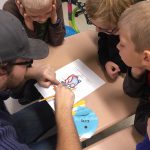
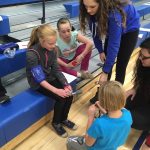

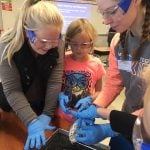
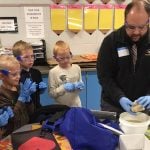
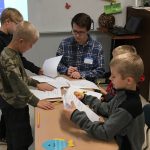
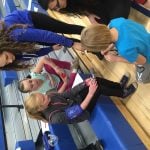
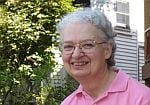 The International Association of Bryologists dedicated its most recent issue of Bryophyte Diversity and Evolution to
The International Association of Bryologists dedicated its most recent issue of Bryophyte Diversity and Evolution to 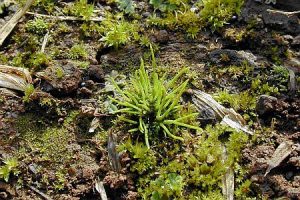
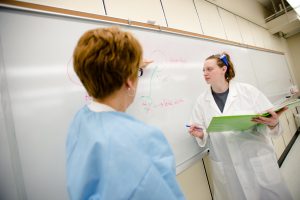 Heartiest congratulations to the following faculty, staff and graduate students from Biological Sciences Department who have been identified as one of instructors who received an exceptional “Average of 7 Dimensions” student evaluation scores during the 2016-17 academic year. Their scores were in the top 10% of similarly sized sections university-wide that had at least a 50% response rate.
Heartiest congratulations to the following faculty, staff and graduate students from Biological Sciences Department who have been identified as one of instructors who received an exceptional “Average of 7 Dimensions” student evaluation scores during the 2016-17 academic year. Their scores were in the top 10% of similarly sized sections university-wide that had at least a 50% response rate.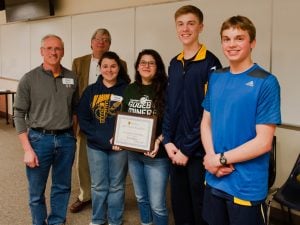 The 28th annual Department of Biological Sciences Bioathlon for high school biology students was held on Wednesday at Michigan Tech. Simultaneously, a workshop was held for the accompanying biology teachers.
The 28th annual Department of Biological Sciences Bioathlon for high school biology students was held on Wednesday at Michigan Tech. Simultaneously, a workshop was held for the accompanying biology teachers.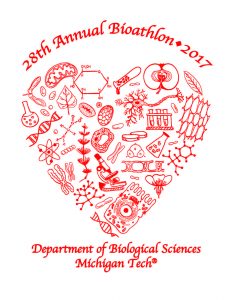
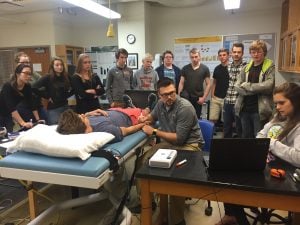

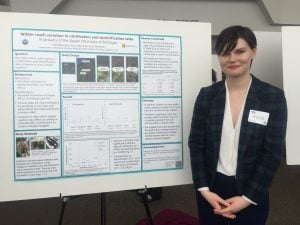
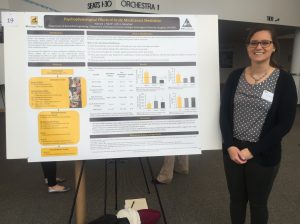 Hannah Marti from
Hannah Marti from 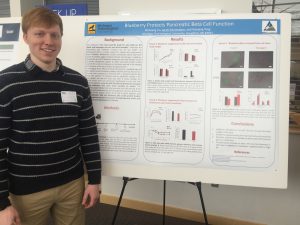
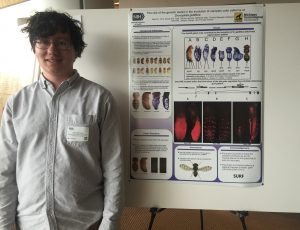 David Trine from
David Trine from